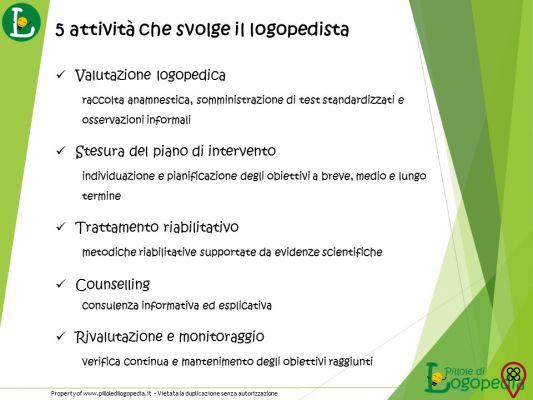In addition to these sensations that are common to many people, a study carried out in Belgium, by the University of Liege, proved that brain activity changes with each season, using different resources and tools, even if it is to develop the same activity.

The study evaluated 28 people during the four seasons. At each season, the volunteers spent approximately five days locked in a laboratory without any external contact so that two different situations could be observed: a task in which extreme attention was required and another in which memory was worked.
Without this external contact, in addition to having no distractions from everyday life, they would not be able to predict what the weather was like outside. It could be raining or sunny: the only thing they knew was what season it was. The body, which has a biological clock, also has this perception.
At the end of the test, the scientists noticed that the neural cost performed differently in the four phases. Attention tasks performed better in the summer. During winter, the ability to solve this same task was significantly lower.

The memory test was better developed in autumn and in spring it showed a strong decline.
As a conclusion of this test, it was interpreted that there is a difference in carrying out similar activities carried out in different seasons. The brain is most active during the summer, when it is hot, while it becomes more dispersed in the winter. It is important to note that the climate in Belgium, where the study was carried out, is not the same as the climate in Spain. Here, the seasons are not well defined, but in a single day it is possible to count with a lot of temperature variation.
You might also like:
- About Winter and Depression
- Spring: the mutations that this season brings to life
- Discover the projects aimed at cleaning rivers and beaches
Would this affect the test result?

Although the study has provided evidence that brain activity changes according to the seasons, it is not possible to say what causes this change. It is not known whether it is motivated by a biological or emotional factor, for example.
This doubt does not exist in the analysis of depression and suicide rates in countries whose climate is cold. The arrival of winter makes the sun appear less throughout the days. In some parts of the world, this period is marked by snow and darkness.
With a lack of natural lighting, the body releases less melatonin, a hormone normally released at night and inhibited during the day. Drowsiness, tiredness and even depression are consequences of this difference in the functioning of the body. In addition, the lack of vitamin D, which comes from the sun, makes it difficult to release hormones that fight the feeling of sadness.
On the other hand, too much sunlight during the summer also makes people feel less motivated and happy. For this phenomenon, they have not yet found a biological explanation. Still, phototherapy is used as a way to reduce the sadness of people who are anxious for winter to come to an end.

























